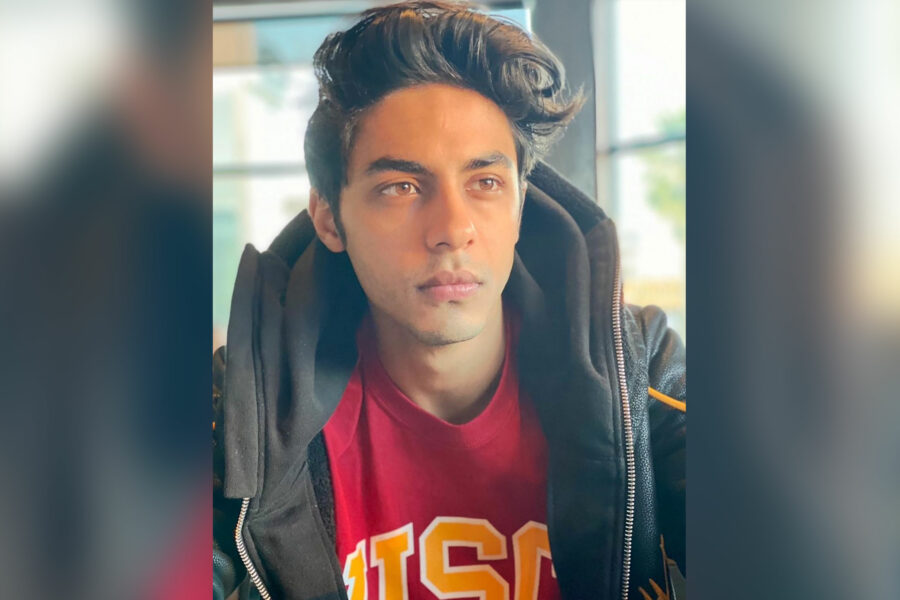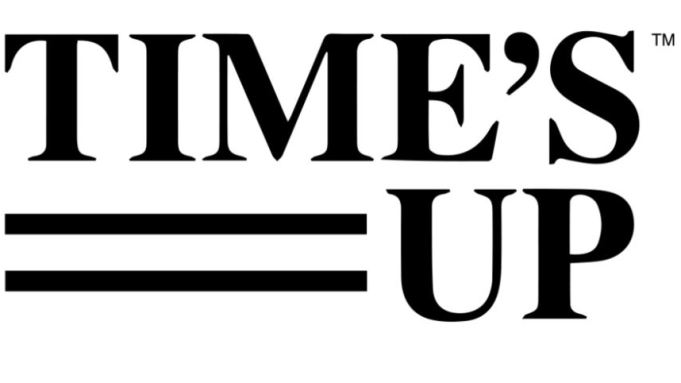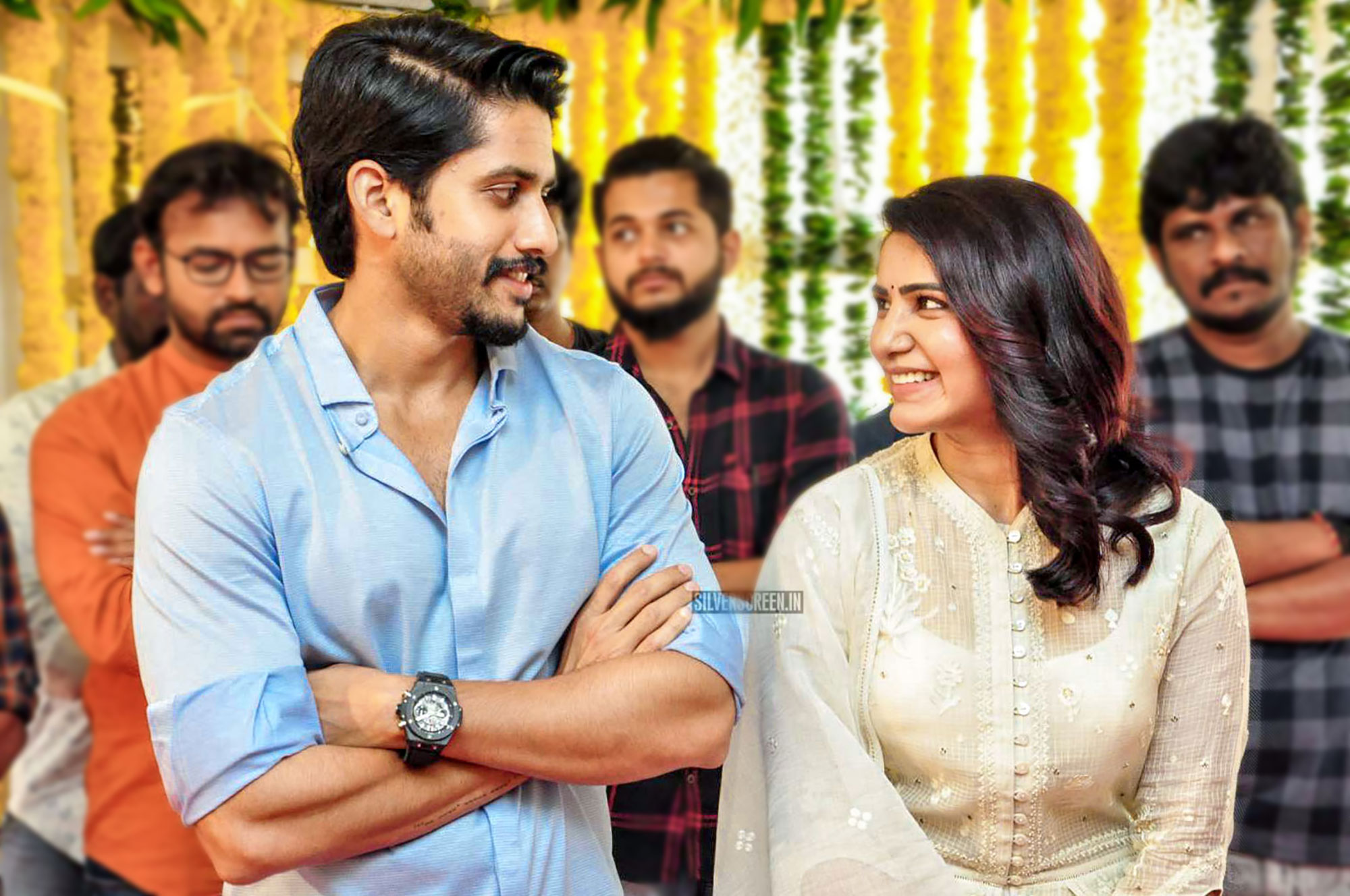The Bombay High Court, on Saturday, released a detailed copy of its order granting bail to Aryan Khan, Arbaaz Merchant, and Munmun Dhamecha in the ongoing cruise ship drug case. In it, the court stated that there was no “positive evidence” to suggest a conspiracy between the three.
The court added that nothing objectionable was found in the trio’s Whatsapp chats.
To prove conspiracy, there has to be positive evidence about an agreement to do an unlawful act and such agreement must be preceded by a meeting of minds, the court observed.
The court rejected the Narcotics Control Bureau’s argument that since Section 29 of the NDPS Act pertaining to conspiracy was applicable, the cumulative quantity of illegal substances recovered should be considered and bail should not be granted as per Section 37.
Aryan Khan, son of actor Shah Rukh Khan and producer Gauri Khan, was arrested on October 3 by the NCB during a raid aboard a cruise ship based on a tip-off. The agency allegedly seized 13 grams of cocaine, 21 grams of charas or hashish, 22 pills of MDMA (ecstasy), 5 grams mephedrone, and cash worth Rs 1.33 lakh.
Khan was taken into NCB custody, along with a few others, including his friend Merchant and Dhamecha.
While nothing was recovered from Khan, Merchant was allegedly found in possession of six grams of charas and five grams of hashish was reportedly recovered from Dhamecha.
The trio were granted bail on October 28, by single bench consisting of Justice Nitin Sambre.
Recommended
In the bail order, the court said that the three travelling in the same cruise cannot by itself be a foundation for the charge of conspiracy. It further noted that while Khan and Arbaaz were travelling together, Dhamecha had an independent travel plan.
The bail order also observed that the accused were not even subjected to a medical examination to determine if they had consumed drugs. And since the confessional statements recorded by the NCB could not be cited as evidence, as per a Supreme Court judgment in a different case, the drug control agency’s claims that the accused had admitted to their involvement in the crime must be rejected, the Bombay High Court added.


